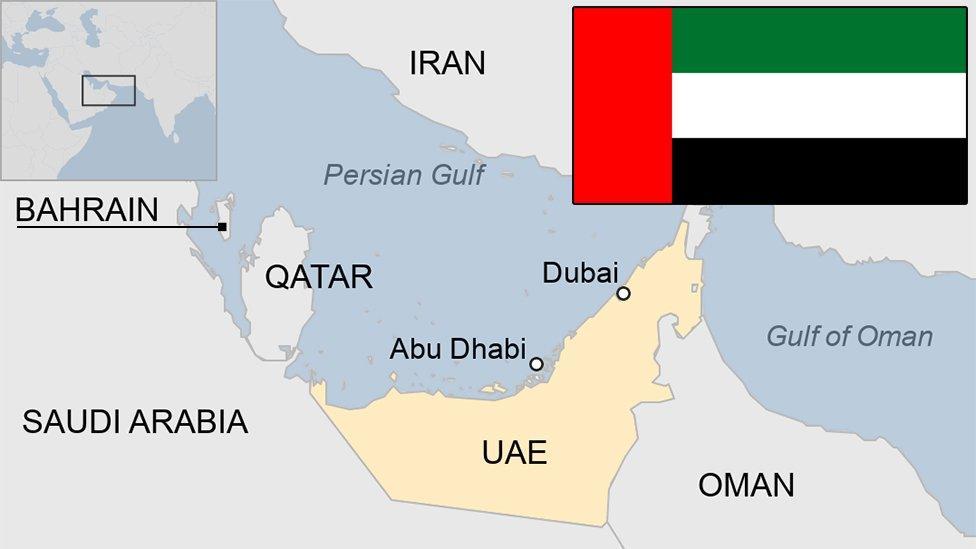
Alarm At UAE AI Governance Gap

Data executives in the United Arab Emirates are signalling serious alarm over the lack of transparency in how their artificial-intelligence systems make decisions, according to a fresh survey. About 94 per cent of data leaders in the country say they do not have full visibility of decision-making processes in their AI systems, pointing to deep governance vulnerabilities at a time when adoption is accelerating. This revelation emerges from the Global AI Confessions Report: Data Leaders Edition by the analytics platform Dataiku, based on responses from more than 800 senior executives across eight countries.
While the UAE advances its national strategy to establish itself as a global AI innovation hub, the findings indicate a sharp disconnect between ambition and oversight. Only 17 per cent of respondents in the UAE reported that they consistently require their AI systems to“show their work”-one of the lowest rates globally. Meanwhile, 62 per cent admitted they were not confident their organisation's AI systems could pass even a basic audit of decision processes. Yet paradoxically, 72 per cent still said they would trust an AI agent to make autonomous decisions in critical business workflows even if it could not explain its output.
The survey data suggest a culture of high-trust deployment but low-trust understanding. Three-quarters of UAE respondents said their company's AI strategy is driven more by technological ambition than by business outcomes, while 59 per cent believed their C-suite overestimates AI accuracy and 64 per cent said leadership underestimates the complexity and time needed to make AI production-ready. One in three said they had been asked to approve an AI initiative that made them uncomfortable.
See also Dutch Government Relinquishes Control of NexperiaThese trends coincide with heightened national interest in AI. The UAE's National Strategy for Artificial Intelligence 2031 seeks to embed smart technologies across government and industry, aiming for economic diversification and service innovation. Yet academic analysis of Gulf-region AI governance frameworks underscores the challenge: while governments publish national strategies and ethical principles, there is limited binding regulation and weak enforceability of governance standards in many cases. This“soft regulation” approach fosters innovation but raises risks of ethics-washing, accountability gaps and misalignment with global norms.
Adding to concerns, AI-generated code vulnerabilities are emerging as a serious hazard. The survey found 61 per cent of UAE respondents warned that AI-generated code flaws represent“a disaster waiting to happen.” Many organisations acknowledge their rapid deployment of generative and decision-making AI has outpaced both governance structures and audit readiness. On the positive side, 57 per cent of UAE data leaders named system accuracy as their top priority, and more than half said they would never allow AI agents to make hiring or firing decisions, while large numbers exclude AI from legal, compliance or wellness-related functions.
Notice an issue? Arabian Post strives to deliver the most accurate and reliable information to its readers. If you believe you have identified an error or inconsistency in this article, please don't hesitate to contact our editorial team at editor[at]thearabianpost[dot]com. We are committed to promptly addressing any concerns and ensuring the highest level of journalistic integrity.
Legal Disclaimer:
MENAFN provides the
information “as is” without warranty of any kind. We do not accept
any responsibility or liability for the accuracy, content, images,
videos, licenses, completeness, legality, or reliability of the information
contained in this article. If you have any complaints or copyright
issues related to this article, kindly contact the provider above.


















Comments
No comment